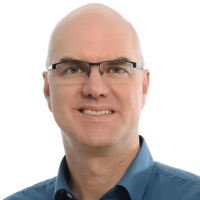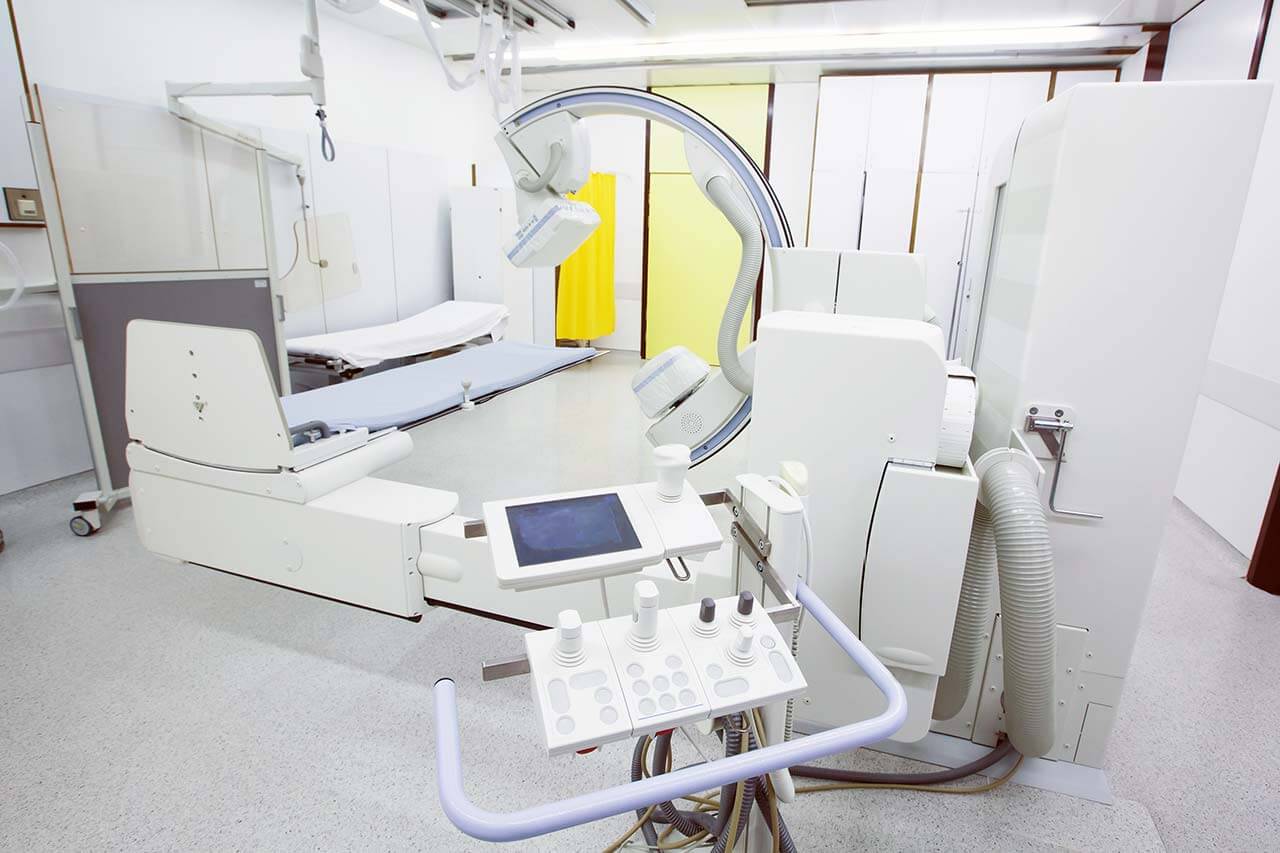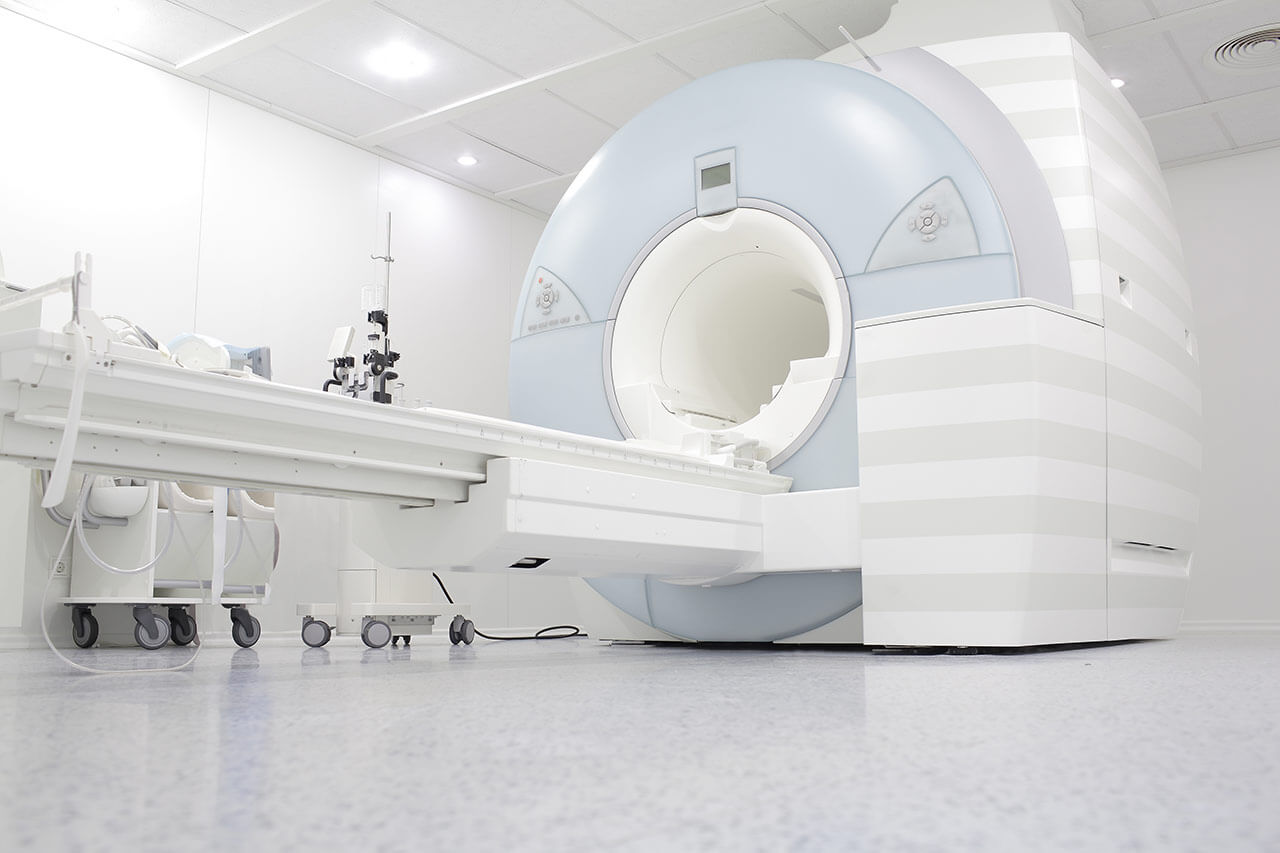
About the Department of Anaesthesiology and Intensive Care Medicine at Hannover Medical School (MHH)
The Department of Anaesthesiology and Intensive Care Medicine at the Hannover Medical School offers the full range of services in the areas of its specialization. A highly qualified team of anaesthesiologists and nursing staff annually performs more than 30,000 anesthesia procedures, as well as provides its services in the field of intensive care medicine for about 2,000 patients. The main focus is always on the patient with their individual needs and wishes, provision of the best possible safety and the highest quality of treatment. The department is headed by Prof. Dr. med. Wolfgang Koppert.
The department is actively engaged in research, due to which innovative methods of anesthesia and therapy are quickly introduced into clinical practice. In addition, to meet high standards of modern medicine, it offers comprehensive training for students, medical workers and nurses.
In order to select the best method of anesthesia, the patient fills in a special questionnaire, through which the anesthesiologist studies his/her medical history, while the patient is informed of the details of the procedure. Naturally, if the patient has any questions, specialists will be happy to answer them. Then, with due consideration of the medical history and the type of operation, the optimal anesthesia option is selected.
In general, the medical team of the department uses general and regional anesthesia in their practice. A general anesthesia involves the use of special medications, with the help of which the patient is immersed in a condition similar to a deep sleep. The patient is obligatory connected to the monitoring systems to control vital functions. The anesthesia itself usually begins with the injection of a fast acting analgesic. Then, pain relief is provided by injecting the drug into a vein (intravenous anesthesia) or by adding anesthetic gas (gas anesthesia) to the breathing air until the end of the operation. During anesthesia, the anesthesiologist constantly monitors important functions of the organs, such as pulse, blood pressure, breathing, heart function and blood oxygenation. Thus, rapid detection and elimination of violations of certain body functions is ensured. In addition, the anesthesiologist guarantees that the patient will be in a state of deep sleep and will not feel pain during the entire surgical procedure. As a rule, after anesthesia ceases to act, the patient for some time remains in a special ward for recovery after anesthesia, under the supervision of doctors. In some cases, the patient may be transferred to the intensive care unit with the necessary equipment and qualified personnel who provide round-the-clock monitoring and medical care.
In regional anesthesia, pain sensations are eliminated only in a specific area of the body. Unlike general anesthesia, during the operation a person is in a state of wakefulness. Within the framework of regional anesthesia, anesthetic methods in the back (spinal and epidural anesthesia) and blockade of peripheral nerves (plexus anaesthesia) are offered. Spinal and epidural anesthesia make it possible to carry out painless interventions on the lower abdomen, in the pelvic region and on the legs. Soon after the administration of an anesthetic, the patient feels warmth and numbness in the legs, which is a confirmation of the effectiveness of the procedure. Depending on the drug used, this condition lasts from 2 to 4 hours. If the effect of spinal anesthesia is not sufficient for the operation, general anesthesia can be used at any time. Plexus anesthesia is used only to relieve pain in the arm and shoulder.
Another department’s focus is intensive care medicine. To provide intensive care, the state-of-the-art equipment and a competent medical team are available. In this field, the specialists of the department most often deal with the patients after extensive interventions on the head and neck, abdominal organs, including organ transplantation (liver, kidneys), patients after surgical treatment of gynecological and urological diseases, injuries, as well as with patients after plastic surgery, operations on the cardiovascular system, thoracic organs, etc. In addition, medical care is provided to patients with non-surgical diseases of the central and peripheral nervous system, non-surgical diseases of the internal organs.
Curriculum vitae
- 1985 -1991 Study of medicine at the Friedrich Alexander University Erlangen-Nuremberg.
- 1989 Basic Science Component FMGEMS.
- 1990 Clinical Science Component FMGEMS.
- 1991 Medical examination.
- 1991 - 1993 Intern at the Institute of Physiology and Experimental Pathophysiology, Friedrich Alexander University Erlangen-Nuremberg.
- 1992 Doctor’s Degree: "Prevention of acid aspiration syndrome in Caesarean section".
- 1993 - 2009 Assistant Physician and Senior Physician of the Department of Anesthesiology at the University Hospital Erlangen.
- 1993 Medical License.
- 1994 Theoretical foundations of emergency medical care.
- 1997 Advanced Training Certification "Leading Emergency Physician".
- 1999 Recognized as an Anesthesiologist.
- 2001 Habilitation: "Differentiation of peripheral and central anesthetic effects of intravenous anesthetics in pain models in the human body".
- 2001 Appointed as the Leading Emergency Physician, Nuremberg Emergency Medical Service.
- 2003 Certified Blood Transfusion Specialist.
- 2003 Additional qualification "Special Pain Therapy".
- 2003 Additional qualification "Quality Management".
- 2003 Deputy Employee responsible for Quality Management, Department of Anesthesiology.
- 2004 Quality Management Exam, German Society for Quality (DGQ).
- 2005 Additional qualification "Emergency Medicine".
- 2006 Certificate "Medical Management".
- 2006 Master of Arts: "Calculation of the necessary dose of internal anesthesia at the university hospital – the possibilities and risks of various computational models for the management of the Departments of Anesthesiology".
- 2007 Additional qualification "Special Anesthesiology in Intensive Care".
- 2007 Prematurely appointed as a Visiting Professor.
- 2007 Leading Senior Physician and Deputy Head of the Department of Anesthesiology, Specialist in Quality Management in the Department of Anesthesiology.
- Since 2009 Head of the Department of Anesthesiology and Intensive Care Medicine at the Hannover Medical School.
Scientific Focuses
- The use of pain models of the human body for a differential study of the peripheral and central processes of human sensitization.
- In-vitro and in-vivo nerve fiber studies.
- Study of the local mediator release with the help of dermal microdialysis.
- Laser Doppler Imaging (LDI) and Full-Field Laser Perfusion Imaging (FLPI).
- Functional magnetic resonance imaging of nociceptive processes in the human body.
- Quantitative sensory testing (QST).
- Planning and conduction of clinical trials in accordance with the international recommendations.
Awards
- 1998 Sertürner Award (together with R. Sittl) for the paper "Peripheral antihyperalgesic action of morphine on temperature sensitivity, but not on mechanical stimulation, in healthy volunteers after ultraviolet B irradiation".
- 1999 1st Encouraging Award for Pain Research, German Society for the Study of Pain(with M. Schmelz and P. Sittl). Paper: "Peripheral and central mechanisms of systemic exposure to lidocaine in experimental human body pain models – investigation of the antihyperalgesic effect of small doses of local anesthetics".
- 2003 Carl Ludwig Schleich Award of the German Society of Anesthesiology and Intensive Care for the paper "Differential modulation of remifentanil-induced analgesia and hyperalgesia after S-ketamine and clonidine infusion in humans."
- 2003 Sertürner Award (together with M. Schmelz) for the paper "Naloxone provokes similar pain facilitation as observed after short-term infusion of remifentanil in humans".
- 2006 1st Best Abstract Competition Award of the European Society of Anaesthesiology for the presentation "Verification of the model of electrical hyperalgesia in human volunteers: the effect of oral pregabalin and NK1-aprepitant antagonist".
- 2006 1st Scientific Award of the Austrian Society for the Study of Pain for the paper "Various profiles of buprenorphine-induced analgesia and antihyperalgesia in the human body pain model".
- 2006 Sertürner Award (together with C. Maihöfner, R. Ringler und F. Herrendobler) for the paper "Brain imaging to detect analgesic and antihyperalgesic effects of cyclooxygenase inhibition in the experimental human body pain model: functional MRI scanning".
Membership in the Professional Societies
- Since 1996 Member of the German Society for the Study of Pain (DGSS).
- Since 1996 Member of the German Society of Anesthesiology and Intensive Care Medicine (DGAI).
- Since 1996 Member of the Research Working Group on Pain Therapy (since 01.2008, Secretary).
- Since 1997 Member of the German Medical Association for Acupuncture (DÄGFA).
- Since 1998 Member of the International Association for the Study of Pain (IASP).
- Since 2002 Member of the European Society of Anesthesiologists (ESA).
- Since 2005 Member of the Austrian Society for the Study of Pain (ÖSG).
- Since 2006 Member of the Professional Association of German Anesthesiologists (BDA).
- Since 2006 Member of the German Association of Universities (DHV).
Photo of the doctor: (c) Medizinische Hochschule Hannover (MHH)




